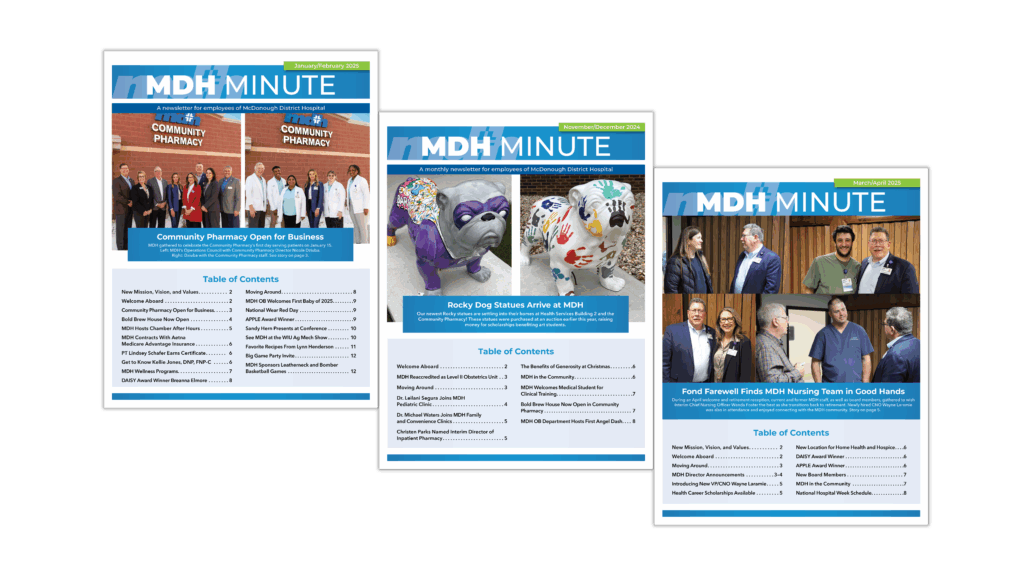You need to keep your content organic—and we don’t mean the food in your fridge. Organic content is preferred by search engines using organic search rankings.
Decoded, an “organic search” is simply a search that ranks results based on content and keyword relevancy, not by the highest bidder. Google is an example of a search engine that ranks results organically. It’s still free to get on Google—a relief in this economy!
Yes, many sites, Google included, offer paid options, and those have their place in comprehensive marketing programs. Relevant, well-written content is key in Google’s organic and paid ranking criteria. But some people trust organic search results more than results they know someone paid to have pop up.
While organic listings are free, just submitting your pages to search engines is not enough to bring people to your Web site. Filling your page with organic-search friendly content is critical.
Consider your own search behavior. You type one to five or more words in Google, MSN, or Yahoo to discover listings of products and services that interest you. Only the websites with the most descriptive and search-engine friendly content will appear in the first page of results and paid search listings. These websites will capture your attention, your click, your web site visit, and your business.
Consumers tend to gravitate toward the contextual nature of the organic listings. A site with a good SEM strategy will appear with an in-depth description to attract really interested potential clients. Organic search results are likely to yield the greater click-through rates when all other things are equal. So, it’s this type of listing that can direct traffic to your site when you climb to the top of the listings.
To get to the top, you need use responsible best practices to build pages that are highly relevant to the keywords that apply to the products or services offered and that describe your organization. It’s your story. It is not important how many times you use a certain key expression; how you use it is what achieves organic optimization.
Your business will always encounter change as new products and services are delivered, and as stories and testimonials about customer satisfaction and success stories happen. One way to keep your content organic is to consistently update your website as these changes occur.
Although optimizing your website to rank well for organic searches takes more time than simply buying an ad, it can provide your business with great return on investment. Search engine optimization frequently tops the lists in studies of the most effective online marketing strategies.
Even if you hire a professional to handle your SEM, costs are likely to be comparatively low. Good, organic content will continue to pay dividends for your business. For many businesses, SEM is an ideal marketing tool.



